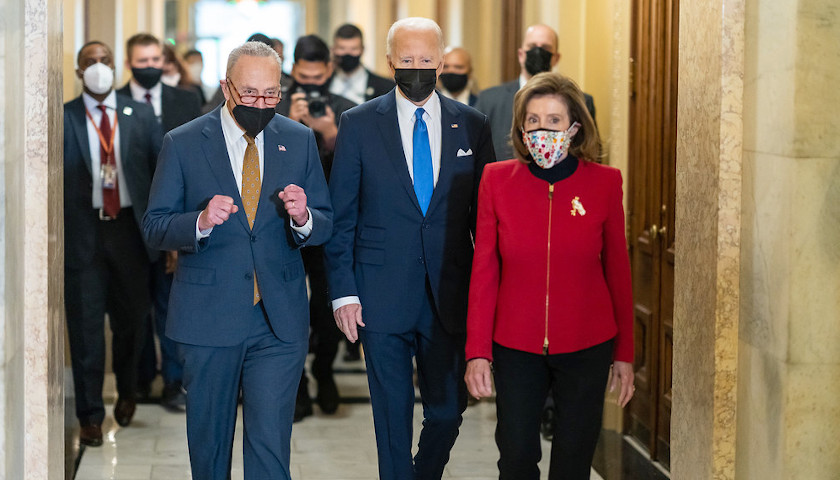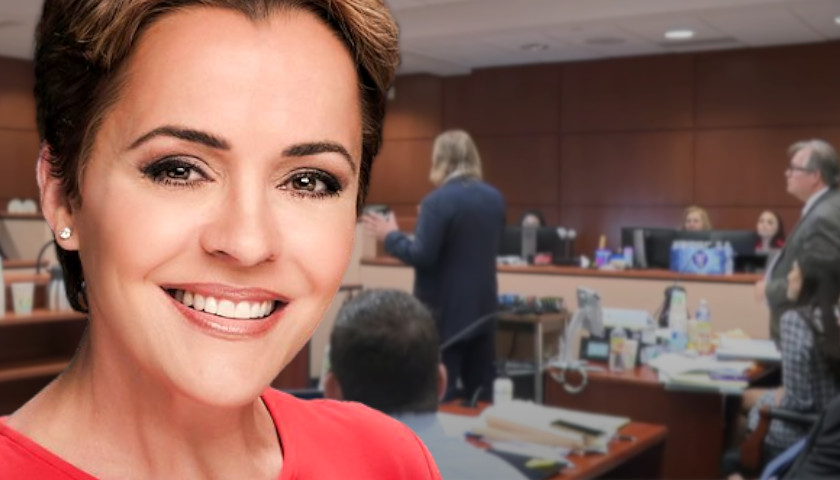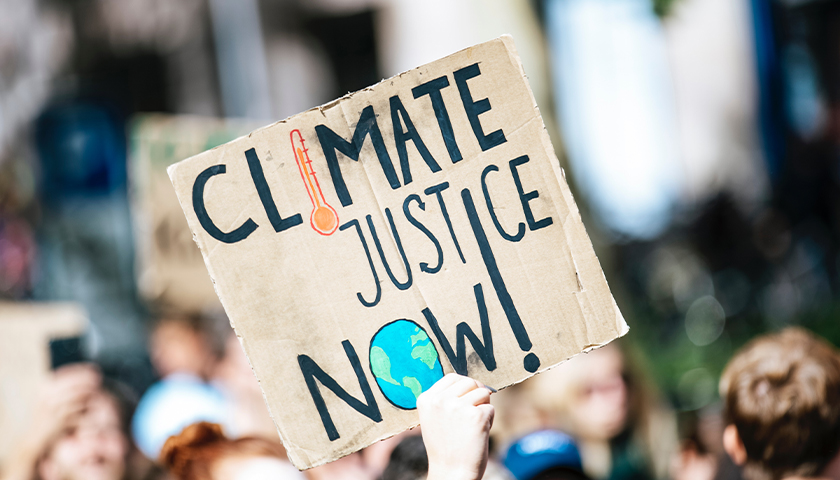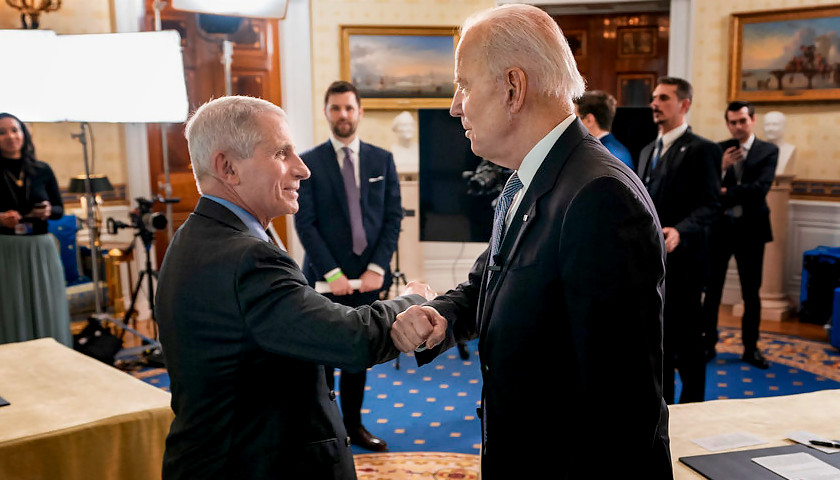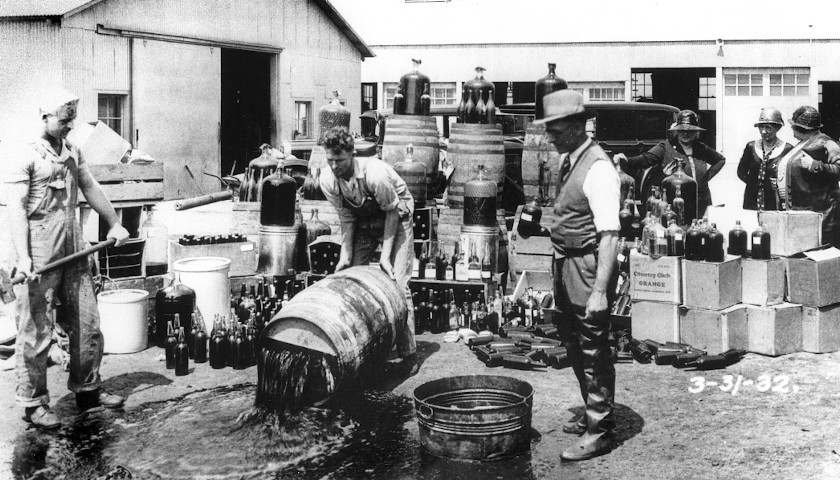The quote from Tolstoy’s War and Peace is a useful way to begin addressing the Washington Post editorial board’s confident assertion that “’A collective national incompetence in government’” was at the root of the U.S.’s alleged failure vis-à-vis the coronavirus in 2020. According to the Post quoting from a recently released report (“Lessons from the Covid War”), “The United States started out ‘with more capabilities than any other country in the world,’ but “it ended up with 1 million dead.” Were he still around, one guesses Tolstoy would mock the conceit of the Post’s editorialists.
Read the full storyTag: Experts
Day One of Kari Lake Election Contest Trial Sees Testimony from Maricopa County Recorder Stephen Richer and Election Integrity Expert Heather Honey
The first of two days of oral arguments from Arizona’s Republican gubernatorial nominee Kari Lake’s challenge of the 2022 general election outcome began Wednesday morning, overseen by Judge Peter Thompson in the Maricopa County Superior Court. Testimonies were heard from several officials and experts.
Read the full storyCommentary: Three Environmental Doomsday Myths, Debunked
For many, thinking about the future of our planet is terrifying. According to a global survey reported by the BBC, 56 percent of young people believe that humanity is doomed because of climate change and 45 percent say that their anxiety about the climate affects their daily lives. Here in the US, the story is much the same; three-quarters of Americans believe that climate change will result in the extinction of man, and one in five millennials believe that that extinction will occur within their lifetime.
A college student recently wrote the following in a campus newspaper about her climate anxiety:
I stay up into the early hours of the morning, Googling some variation of “Is there hope for climate change,” and “Biden climate change plan good?” (…) I fret over every piece of waste I encounter, wondering whether I should trash it or wash it and hope it qualifies for the recycling bin. What if I wash the aluminum foil I heated leftover lasagna on, does it become recyclable then? The anxiety is crippling.
Read the full storyCommentary: Distrust and Verify
Every member of America’s expert class possessing even a modicum of integrity and self-awareness has long been aware of a simple truth: Only a fool would trust the emanations of America’s leading experts.
Worse, the more prestigious the job title, the less trustworthy the pronouncement. Official experts who speak for the government are the most suspect of all. Worse still, you can’t write off anything they say because a great deal of it is informed and valid.
Read the full storyThree Scientists Remove Their Names from Lancet Statement Denouncing Lab-Leak Theory
Although the magazine Lancet has doubled down on its efforts to defend China and claim that there is no evidence behind the lab-leak theory of the coronavirus origins, three prominent scientists who originally agreed with this assessment were absent from the magazine’s latest statement, according to the Washington Free Beacon.
On July 5th, the magazine published yet another statement, with numerous signatories, claiming that there is no “scientifically validated evidence” to suggest that the coronavirus pandemic originated at the suspicious Wuhan Institute of Virology (WIV). Although many of the names signed onto the statement were the same as those who made a similar assertion back in February of 2020, at least three names are missing.
One of the names is William Karesh, who serves as the executive vice president for health policy at the nonprofit EcoHealth Alliance. As has been widely documented, EcoHealth was a major benefactor of the WIV, providing gain-of-function research funding directly to the institute after the funds had been granted to the nonprofit by the United States government.
Read the full storyCommentary: The ‘Expert Consensus’ Favored Alcohol Prohibition, Too
Most people today regard America’s experiment with alcohol prohibition as a national embarrassment, rightly repealed in 1933. So it will be with the closures and lockdowns of 2020, someday.
In 1920, however, to be for the repeal of the prohibition that was passed took courage. You were arguing against prevailing opinion backed by celebratory scientists and exalted social thinkers. What you were saying flew in the face of “expert consensus.”
Read the full story
